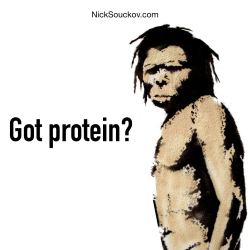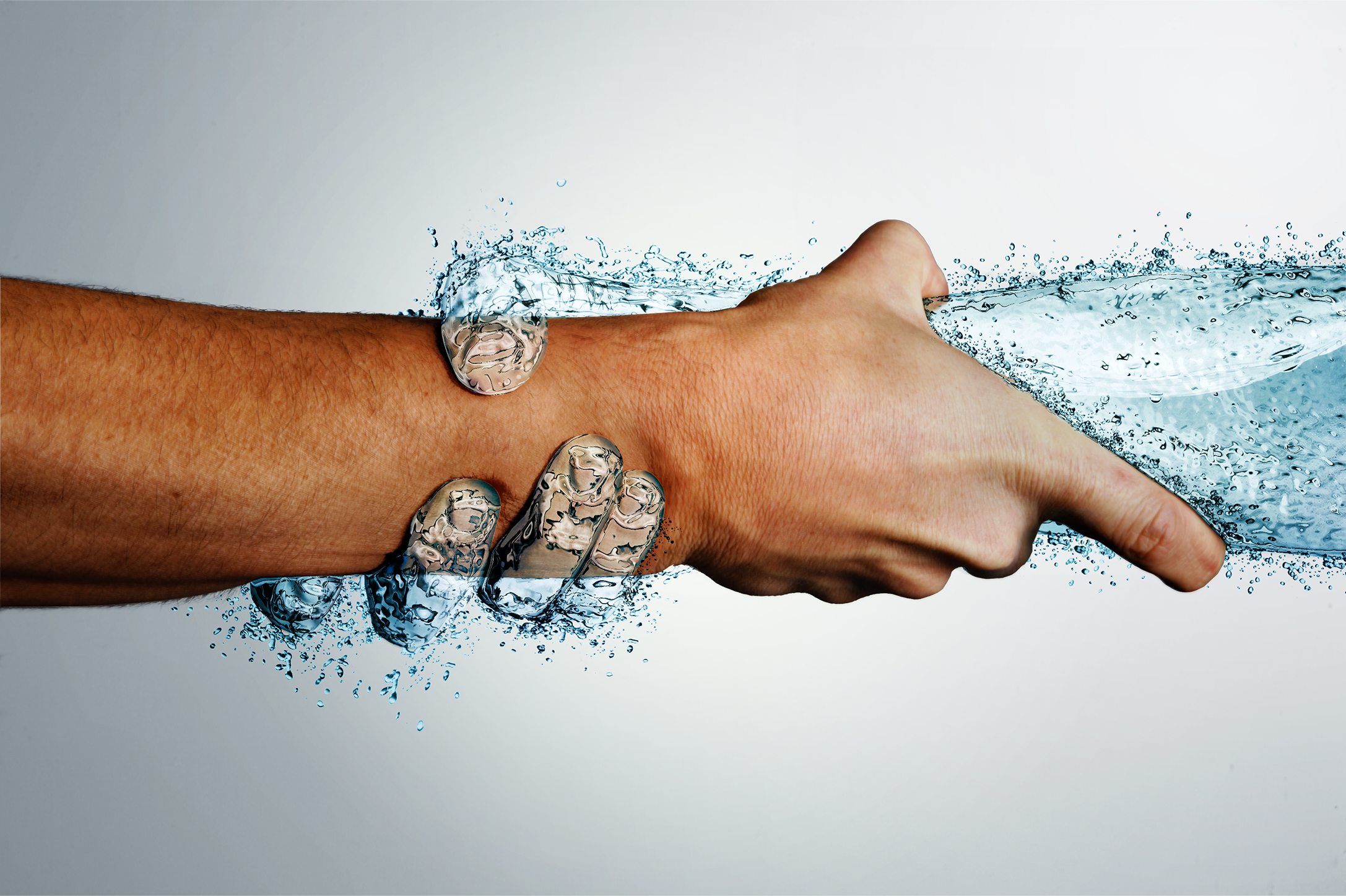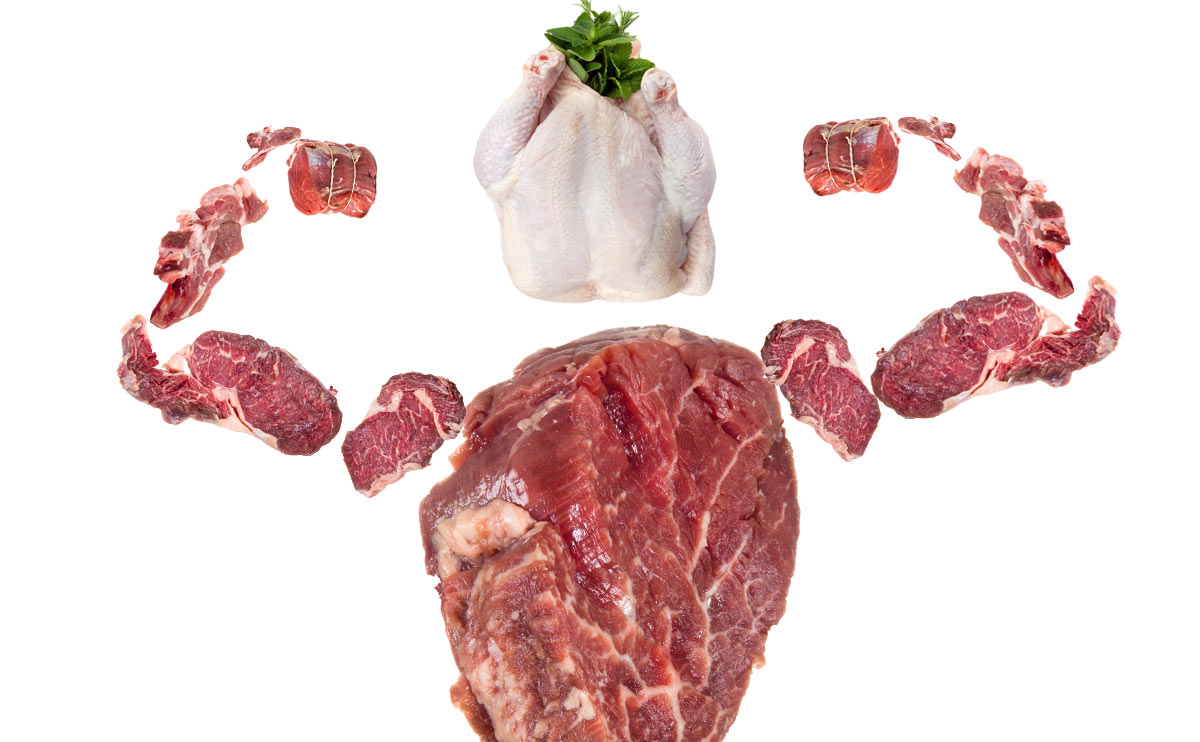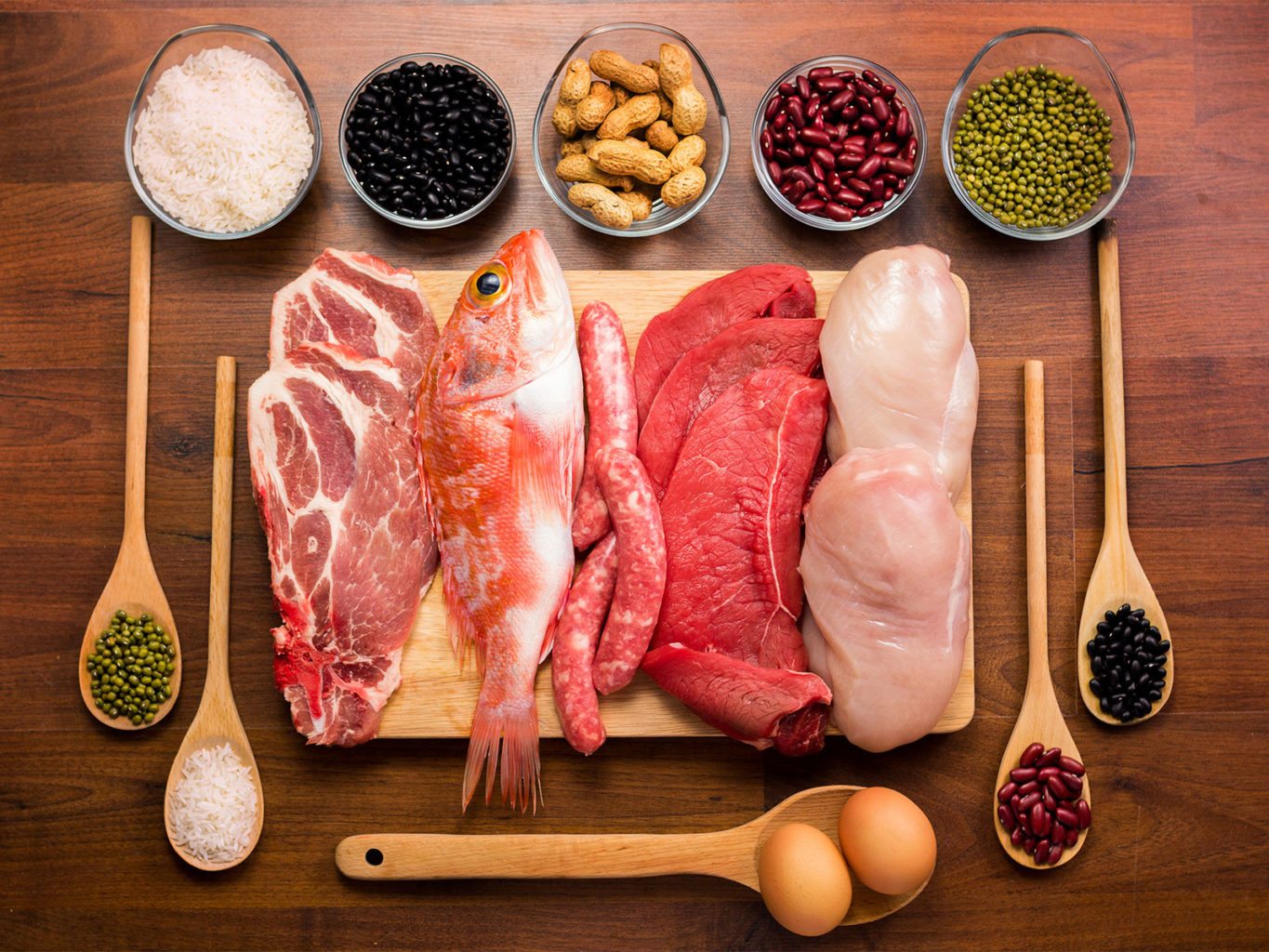
I asked this question to all of you earlier this week to understand the stereotypes you live with when it comes to protein.
Many live with the understanding that, as far as food components are concerned, protein is the lesser evil. They watch it a bit of fat and carbohydrates and are willing to accept a new portion without realizing that their intake should be measured and in no case excessive.
To determine how much protein you need multiply your weight in kilograms by 0.8 and you will get how many grams you need per day. Eating with more than this quantified is not a good idea. Here are some reasons you can think of.
Dehydration
Research shows that too many proteins can dehydrate you. Upon degradation, the protein creates a byproduct called nitrogen urea (urea). To expel it, your body uses your water supplies. This is the process by which urine is also released from many other water-soluble toxins. If you do not drink enough water, this process will dehydrate you.
The Calories Paradox
CaloriesA protein meal with your diet is also a source of energy. It does not really matter whether the excess calories are from proteins (4 cal / g), carbohydrates (4 cal / g) or fats (9 cal / g). Each food is broken down to the constituent parts that your body needs to digest, and the energy to absorb. At the cell level, energy is stored as lipids. In other words, if you overeat, no matter what, and your body does not burn all the energy, it keeps the surplus as fat. This is the only way we are designed to do it.
The paradox of milk.
The imbalance protein releases acids in your blood. To neutralize this acidity, your body uses calcium for this purpose. Early studies show that too many proteins can suck out calcium from your bones. This also explains the decreased bone density (osteoporosis) in people with high intake of milk.
The paradox of the meat.
Meathead2The most popular sources of protein are meat, and the most accessible ones are those from fattened animals. They are also the richest in fat (2-3 times the protein). Here is the paradox. Animal fats are protein inhibitors. Ie. Our body does not absorb them, or if it does, it is to a very small extent. Why? For the same effort, metabolism gains over 2 times more energy than fat in protein, which is also abundant.
The paradox in marketing
F.Stone_.0312From all that has been said so far, one should ask: are foods rich in protein useful? This is the latest madness in eating. It begins with the manifestation of the South Beach and Paleo diet and goes to all foods enriched with protein - bread, ice cream, protein blocks, and so on. I would ask if the high protein is what they are telling us, why does it add to our food? It goes so far that people believe their food is healthier when there is more protein, according to Lee Sasson, Clinical Nutrition Assistant at the University of New York. Do not stick to marketing, but take the right level of protein for you from healthy sources.
Instead of a conclusion
Canada has removed milk from the national dietary management and is now offering people prefering plant-based proteins. If this is not a change of stream, then what?
In that spirit, in February I introduced you to 20 wonderful sources of plant protein. You can see the video here.
To understand your individual needs and to learn how to listen to your body, there is a need for change. Small or large. The personal approach yields results. The shirt is always made. When you need to call or sign up for a consultation with me
For questions and comments, as usual, I am in charge.
